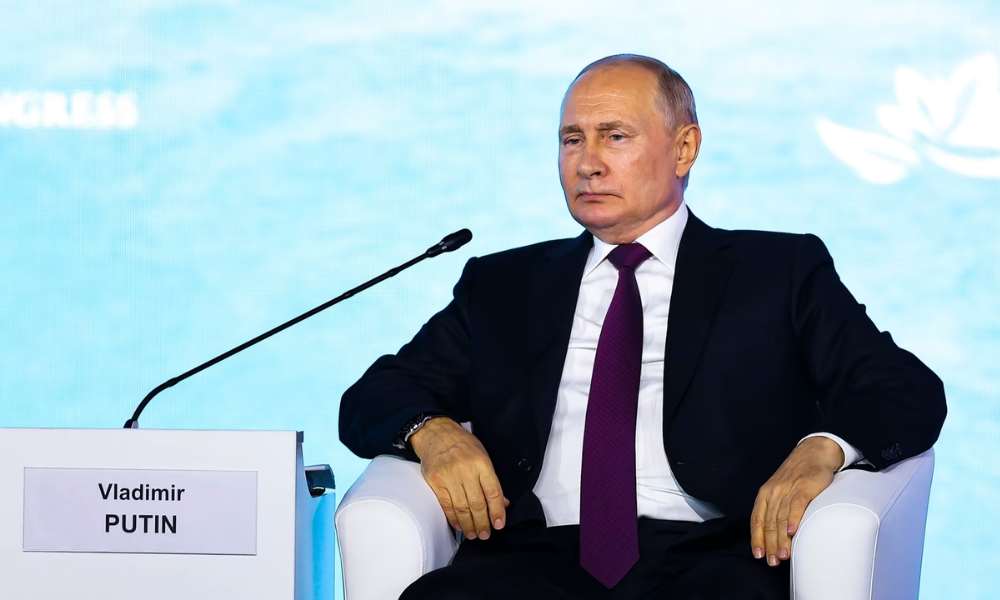
Vladimir Putin's leadership in Russia has been marked by a complex economic landscape.
| Are you a Tax Lawyer in USA? 👉Transform Your Brand: Click for Metamorphosis👈 |
In this blog, we'll explore the key facets of Russia's economy under Putin's leadership, addressing both its successes and challenges.
**1. Economic Growth and Stabilization: Putin's early years in power saw significant economic growth and stability, fueled by rising oil prices. Russia's GDP saw substantial expansion, and fiscal reforms helped reduce inflation.
**2. Oil Dependency: One of the central challenges of Russia's economy is its heavy reliance on oil and gas exports. Fluctuations in global oil prices can have a profound impact on the country's economic stability.
**3. Sanctions and Economic Isolation: In recent years, Russia has faced economic sanctions from Western countries in response to its actions in Ukraine and elsewhere. These sanctions have limited access to international markets and technology, affecting various sectors of the economy.
**4. Diversification Efforts: Putin's government has recognized the need to diversify the economy away from oil and gas. Initiatives have been launched to promote sectors like technology, agriculture, and manufacturing.
**5. Income Inequality: Income inequality remains a concern in Russia. While there have been improvements in the standard of living for many, disparities between the wealthy elite and the rest of the population persist.
**6. Investment Climate: The investment climate in Russia has faced challenges due to concerns about political stability, corruption, and the rule of law. Attracting foreign investment has proven difficult.
**7. State Control and Oligarchs: Putin's administration has maintained a significant degree of state control over key sectors of the economy. Oligarchs who are politically connected continue to play a prominent role in Russian business.
**8. Global Economic Shifts: Russia has sought to adapt to changing global economic dynamics, including the rise of China and shifts in global trade patterns. This has led to new partnerships and alignments.
Conclusion: Russia's economy under Putin's leadership is a multifaceted landscape characterized by periods of growth, dependence on oil exports, economic sanctions, and diversification efforts.
Income inequality, the investment climate, and the influence of state control and oligarchs are all factors that contribute to the complexity of Russia's economic situation.
As the country continues to navigate these challenges, its economic future remains a subject of global interest and scrutiny.